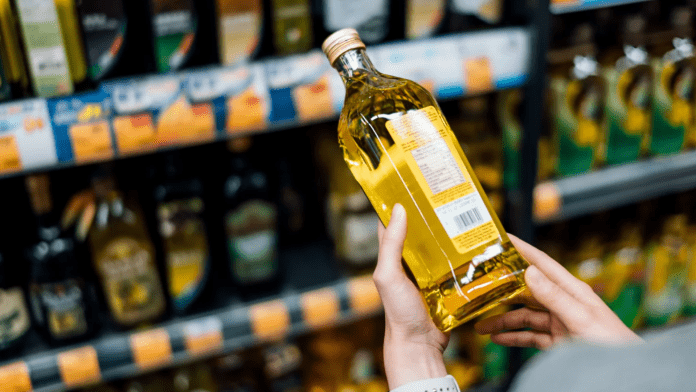The Solvent Extractors’ Association of India (SEA), representing the edible oil industry, has urged the government to raise the duty gap between crude and refined palm oil from 7.5 percent to 15 percent. This measure is proposed to restrain the influx of imported refined cooking oil and safeguard the interests of domestic players. In a communication addressed to its members, SEA President Ajay Jhunjhunwala highlighted the existing challenges faced by the Indian vegetable oil refining industry, encompassing both edible and non-edible oils.
“The Indian edible oil Industry, with a size of Rs 3 lakh crore (USD 35 billion), holds significant importance. Over the last 12 years, Indonesia and Malaysia have imposed higher export taxes on Crude Palm Oil (CPO) compared to refined Oil to protect their refining industry. This has made refined oil cheaper, rendering Indian capacity redundant and unutilized,” he said.
In India, the duty gap between Crude Palm Oil (CPO) and refined palm oil has been decreased to 7.5 percent, a move that, according to Jhunjhunwala, caters to the interests of the refining industry in Malaysia and Indonesia.
He emphasized that the reduced duty gap is adversely affecting the domestic vegetable oil refining sector.
“In light of this, SEA has once again appealed to the Government to raise the duty difference from 7.5 per cent to 15 per cent between crude and refined palm oil,” Jhunjhunwala said.
The President of SEA stated that India recorded an unprecedented import volume of 167.1 lakh tonnes of vegetable oils in the recently concluded oil year of 2022-23 (November-October), marking a historic peak in edible oil shipments at 164.7 lakh tonnes.
“The palm oil segment accounted for almost 60 per cent of imports. The landed prices of RBD palmolein lesser than CPO due to exporting countries imposing higher export tax-cess on raw material. This situation poses a significant threat to the profitability and viability of our refining industry, with many units now functioning solely as packers,” he said.
Jhunjhunwala expressed concern about this situation, deeming it undesirable due to its potential to elevate Non-Performing Assets (NPA) for supporting banks and shareholders. Additionally, he emphasized the risk of increased unemployment within the industry and the broader value chain.
The President also voiced apprehension regarding the prohibition of deoiled rice bran exports.
“The ban negatively affects solvent extraction, without serving its intended purpose of reducing dairy costs as deoiled ricebran price has least impact on milk and dairy prices,” he said.
Jhunjhunwala noted a significant decline in the price of deoiled rice bran, plummeting from INR 18,000 per tonne in August 2023 to nearly INR 13,500 per tonne.
“SEA strongly urges the concerned ministries not to extend the ban on DORB exports beyond end November 2023. We will also be meeting the concerned Ministers and senior officials in the coming days, hoping for a positive outcome,” he told the members of the associations.



